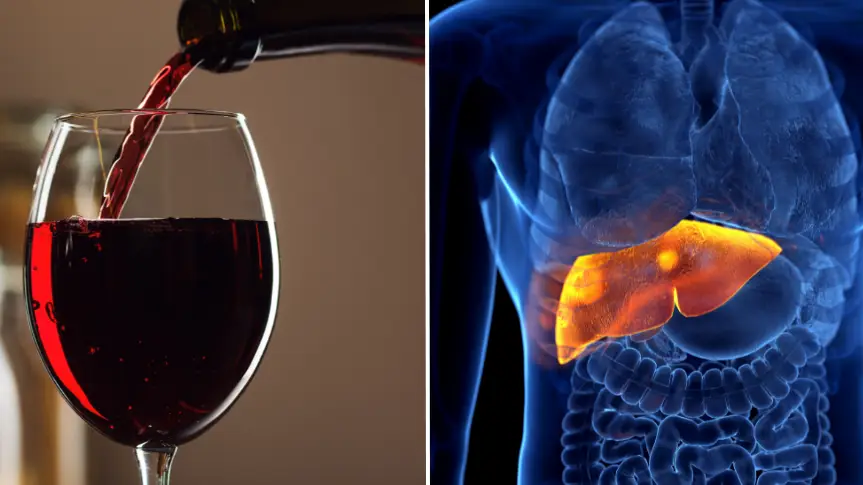
Your liver plays a crucial role in detoxifying your body, regulating hormones, and breaking down nutrients.
But when it becomes sluggish or overloaded - sometimes called a 'toxic liver' - the signs may appear in unexpected places, including on your face.
Dr Jaban Moore, a functional medicine doctor, recently shared an Instagram reel (@drjabanmoore) highlighting key symptoms that could indicate liver dysfunction.
While the skin issues he points out can also be caused by other factors, it's important to know the signs and when to get checked out.
Rash around the mouth
A persistent rash around the mouth may be linked to liver problems, according to Dr Moore. Liver dysfunction - particularly conditions like hepatitis - can contribute to inflammation and skin irritation.
Advert
Another possible cause is vitamin B2 deficiency, which can stem from fungal overgrowth or mold toxicity, as per Medical News Today.
Since the liver helps regulate toxins in the body, impaired liver function can make it harder to absorb vital nutrients, leading to visible skin issues.
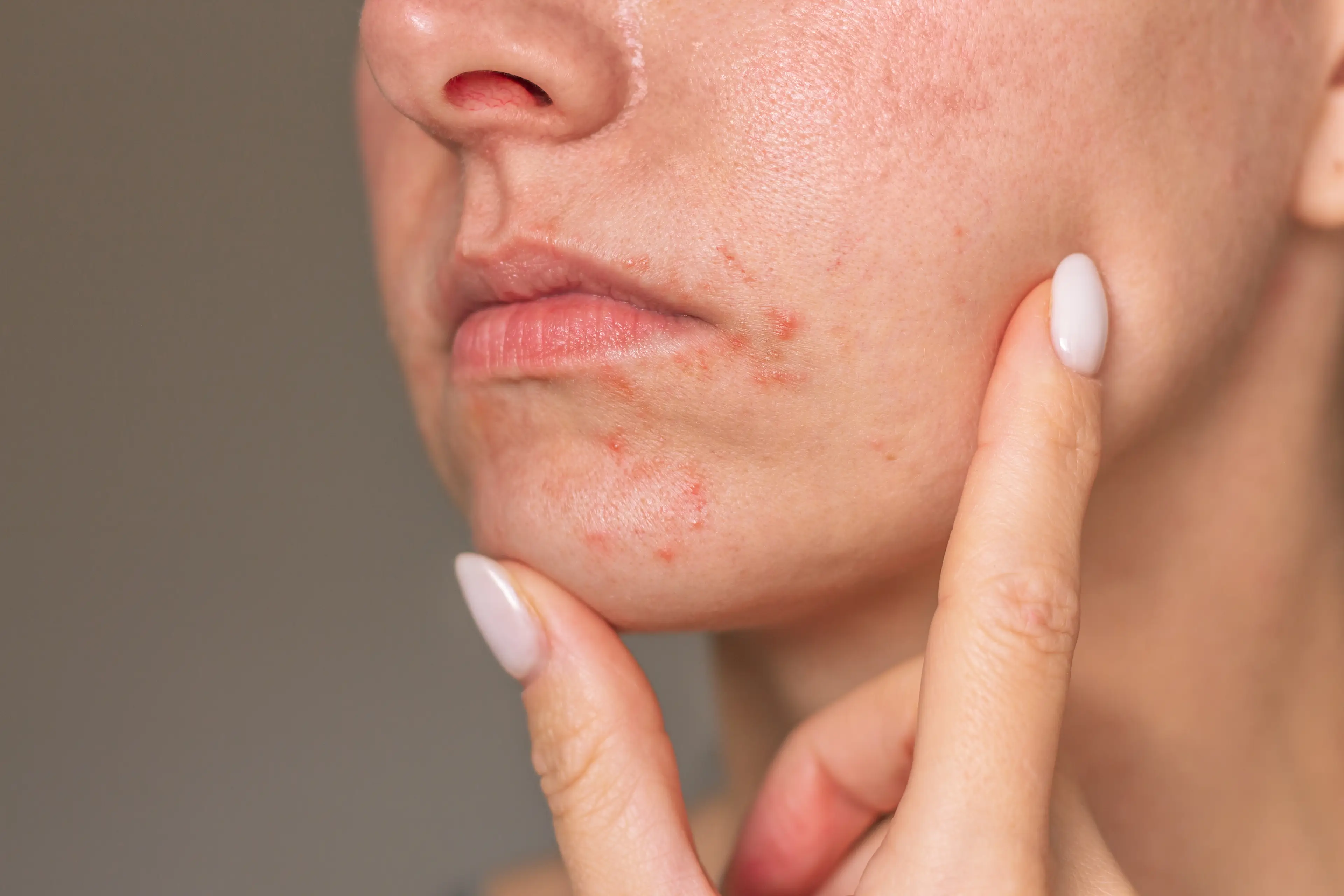
Spider veins
Spider veins, also known as telangiectasias, are small, dilated blood vessels that appear close to the surface of the skin.
While these veins can be influenced by genetics and lifestyle, they are sometimes linked to liver dysfunction, particularly if the liver struggles to regulate blood flow and pressure.
When the liver is damaged, it can lead to increased pressure in the veins, causing them to expand and become more visible.
If you notice new or worsening spider veins, it could be worth investigating your liver health.
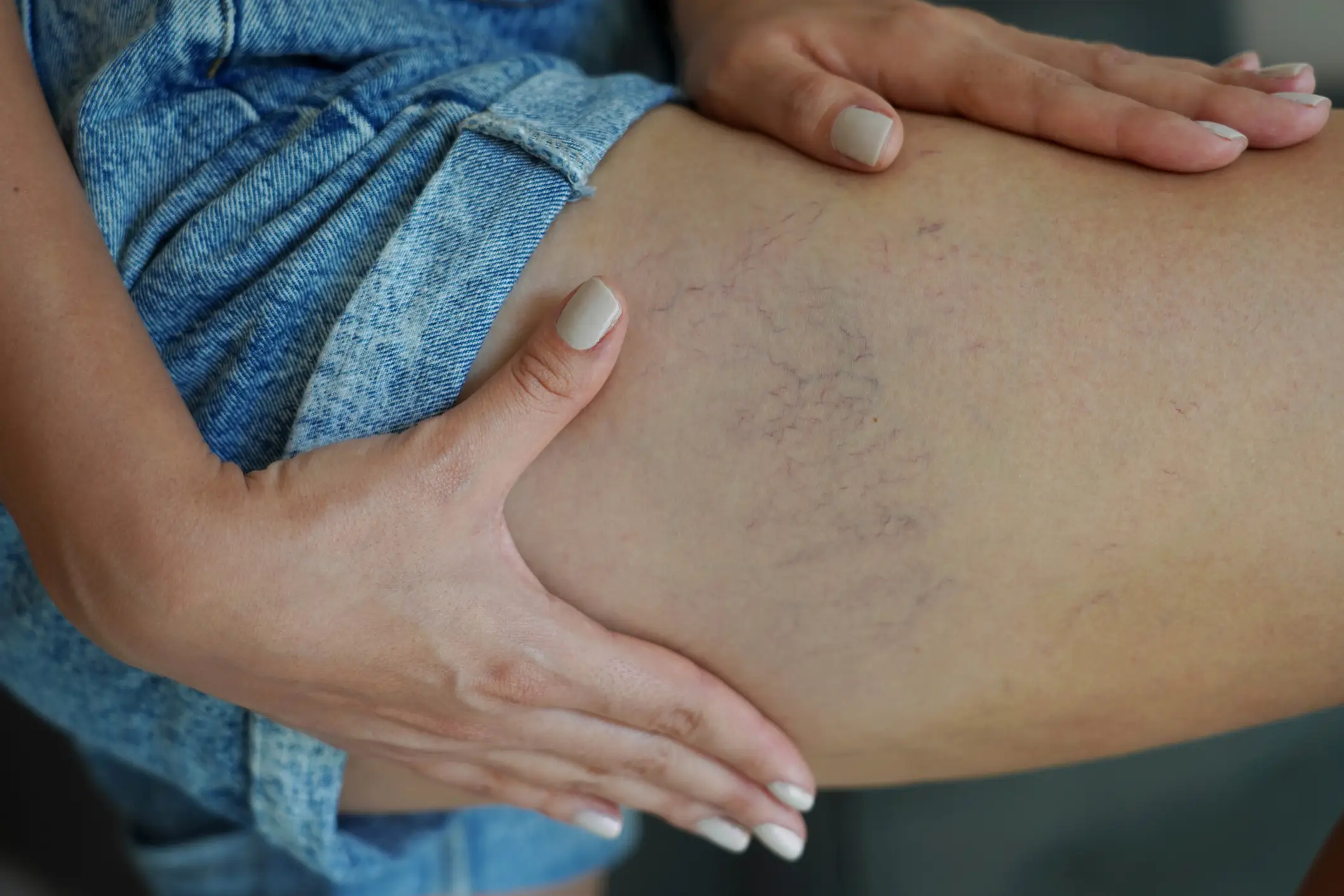
Dermatitis due to zinc deficiency
A sluggish liver can lead to zinc deficiency, which in turn may cause dermatitis, particularly on the face.
According to Healthline, zinc plays a key role in skin health and immune function, and those with liver issues often struggle to absorb enough of it.
Zinc deficiency-related dermatitis can cause dry, itchy rashes with small bumps, often appearing around the mouth or other sensitive areas.
If these symptoms persist despite using skincare treatments, it may be worth considering a liver check-up.
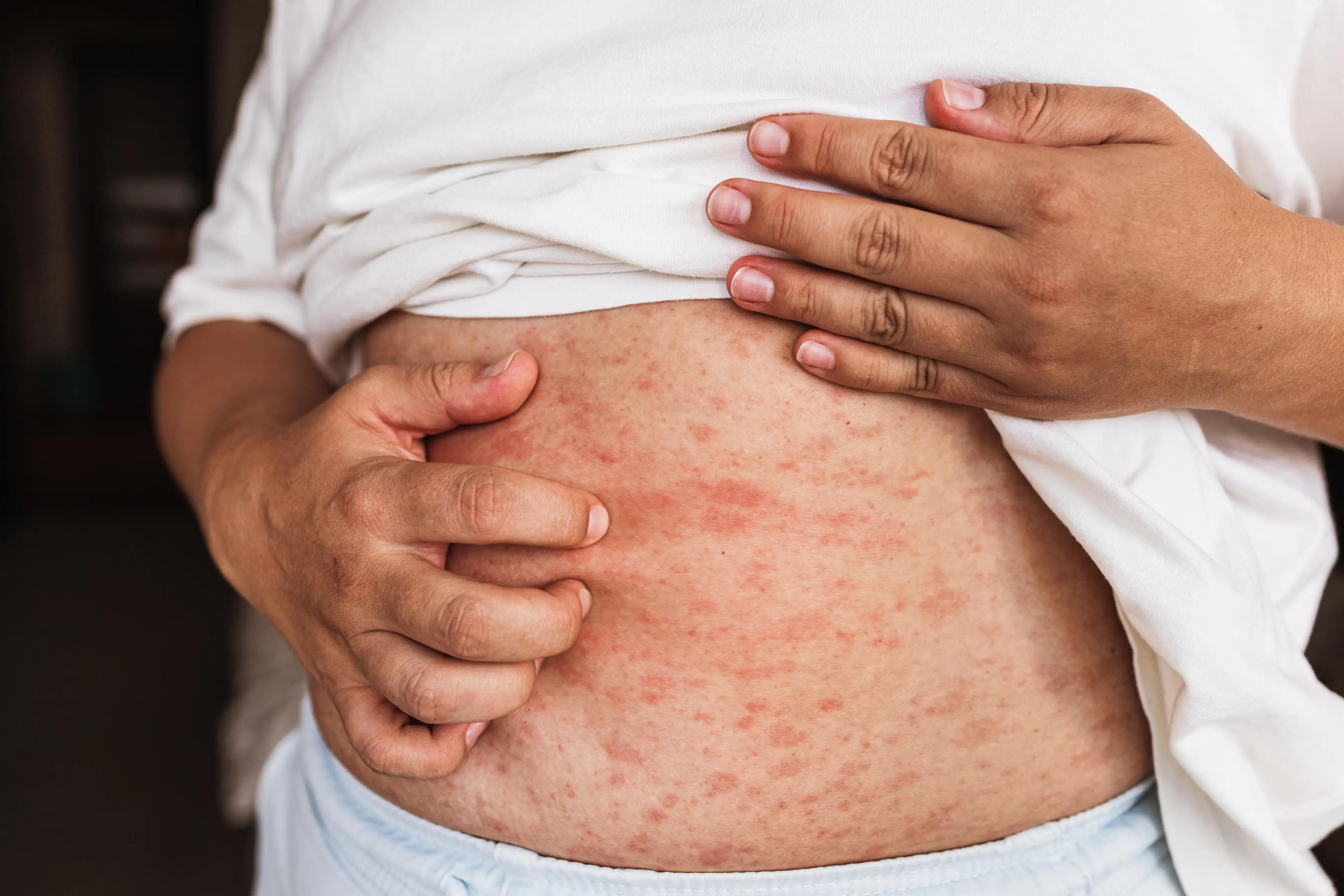
Itchy skin due to bile salt buildup
Persistent itching, especially without an obvious cause like allergies, could be a sign of liver dysfunction.
Dr Moore explains that when the liver struggles to process toxins, bile salts can build up in the bloodstream, leading to irritation and itchiness.
Unlike regular dry skin, liver-related itching doesn’t go away easily and may worsen over time. Scratching typically provides little relief, and in some cases, excessive itching can lead to skin damage or infections.

Darkened skin in skin folds
A condition called acanthosis nigricans - where the skin darkens and thickens, particularly in the neck and armpits - can be linked to insulin resistance. Since the liver plays a vital role in insulin regulation, poor liver function can contribute to this skin darkening, especially in high-friction areas.
This symptom is often seen in people with non-alcoholic fatty liver disease (NAFLD), a condition that develops when too much fat builds up in the liver due to poor diet, obesity, or metabolic issues.
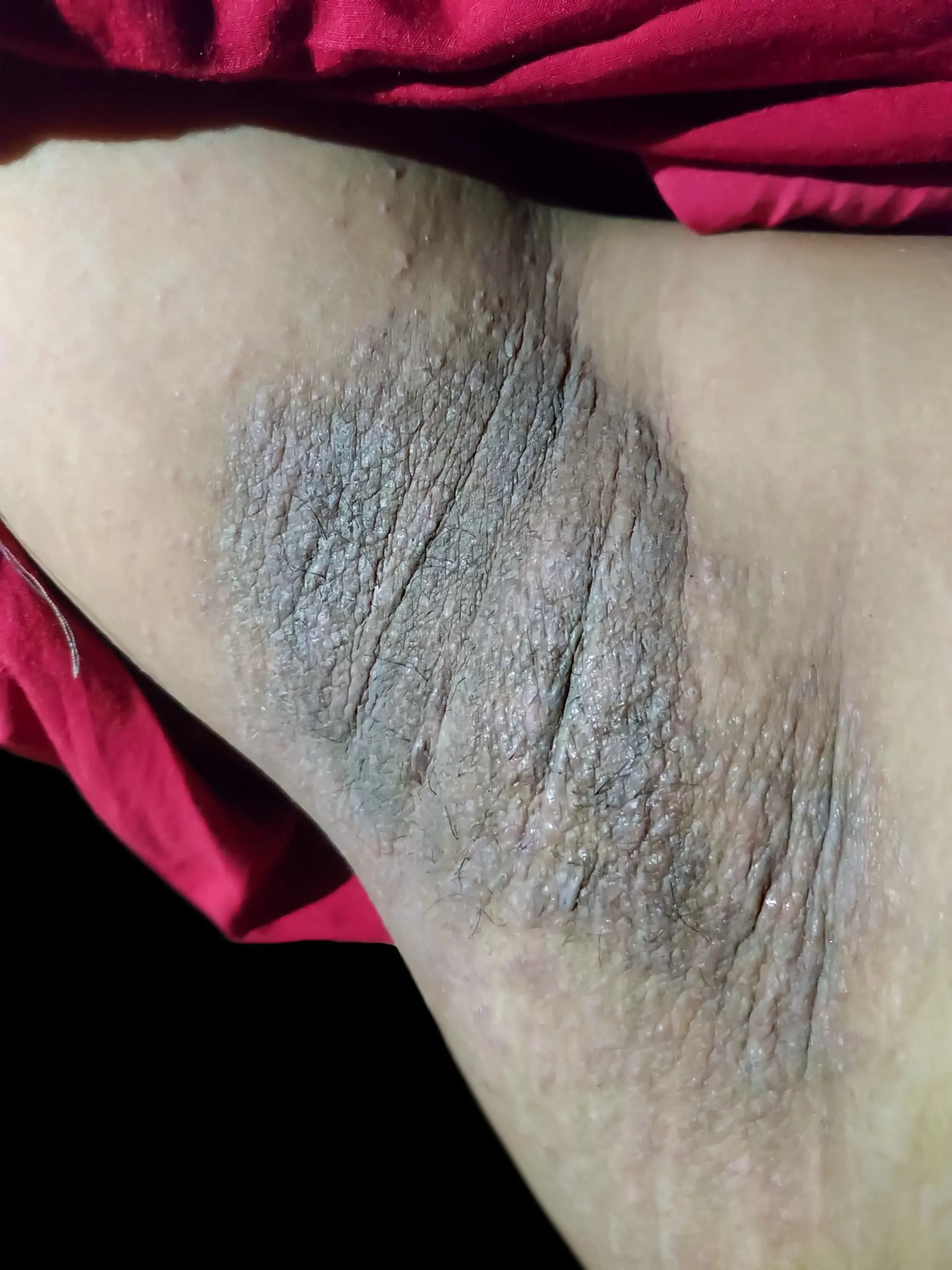
Rosacea and facial redness
Rosacea, a chronic skin condition causing redness and visible blood vessels on the face, has been associated with liver issues such as NAFLD (non-alcoholic fatty liver disease) and NASH (non-alcoholic steatohepatitis).
A 2017 article from the American Academy of Dermatology found a potential link between rosacea and liver dysfunction, suggesting that liver inflammation and toxin build-up could contribute to persistent facial redness.
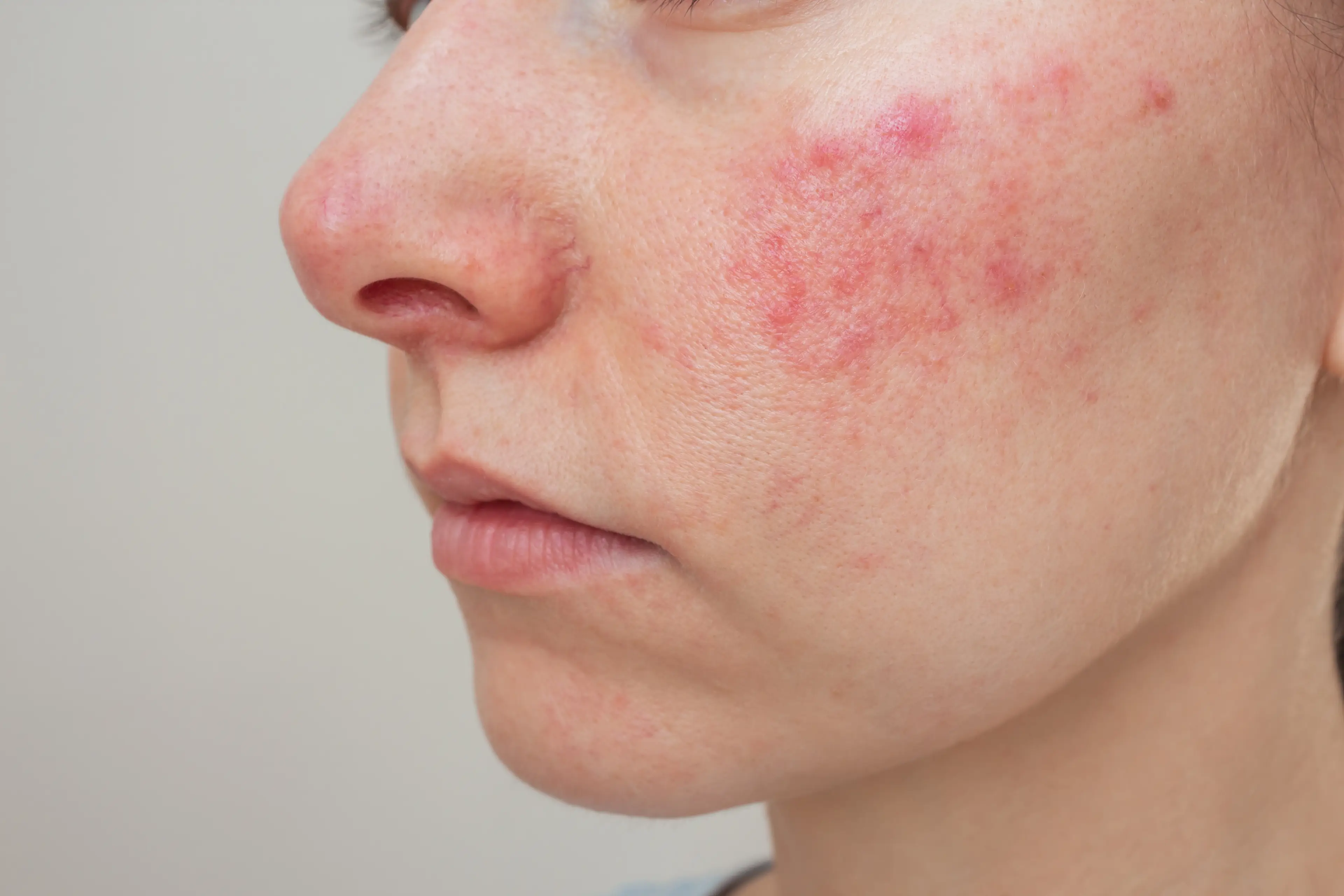
When to see a doctor
If you’re experiencing any of these symptoms, it’s important to consult a healthcare professional.
Dr Moore emphasises that improving liver health through diet, hydration, exercise, and limiting alcohol intake can help alleviate these symptoms.
Supporting your liver may not only improve your skin but also your overall well-being.
Topics: Health, Life, Instagram, Social Media, Skincare